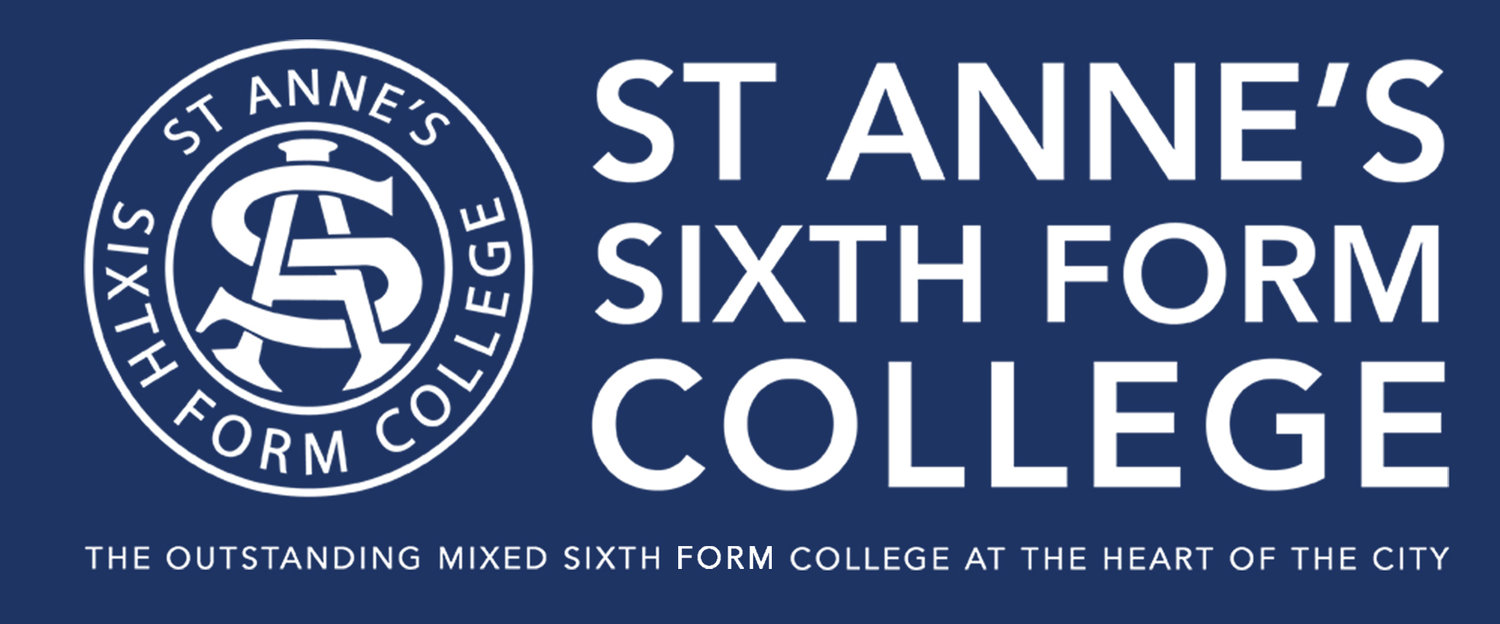Music
A-level music develops the skills and techniques of performing, composing and musical analysis and understanding.
Entry Requirements
6 in GCSE music, AND Grade 5 in at least one instrument
If GCSE music has not been taken, the student must have at least Grade 5 in music theory
Assessment
40% written exam performance
30% recital
30% composition
BEYOND SIXTH FORM
Students with an A-level qualification in music follow career paths in music publishing and journalism, concert hall management and orchestra management, along with going on to higher education at university or music college/conservatoire leading to careers
as teachers, soloists, orchestral musicians, music librarians, singers in opera choruses and
recording studio managers.
Music combines well with many science and arts subjects. There are many opportunities for musicians with dedication, commitment and the willingness to work anywhere in the country and in the world.
The performance unit gives students the opportunity to develop their technical and performing skills as a soloist. Students can choose music in any style on any instrument(s) and/or voices(s) for their assessed performance.
Through composition, students develop their understanding of the principles of rhythmic, melodic and harmonic construction and musical forms, leading to the creation of a piece in response to a chosen brief, covering a wide range of musical styles and genres. A score and recoding of the composition is submitted. In year 2 students have the option of completing a technical study instead of a composition.
Pupils develop musical understanding through: listening to and analysing set works from the Edexcel Anthology of Music; exploring the important musical features, and the social and historical context of a variety of composers and musical genres.
Exam Boards - Edexcel

